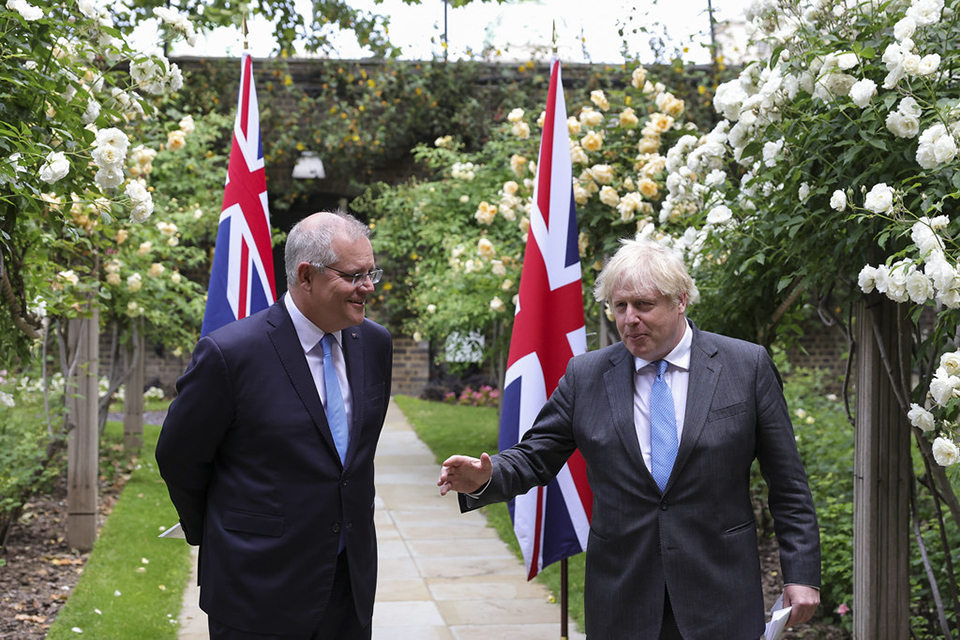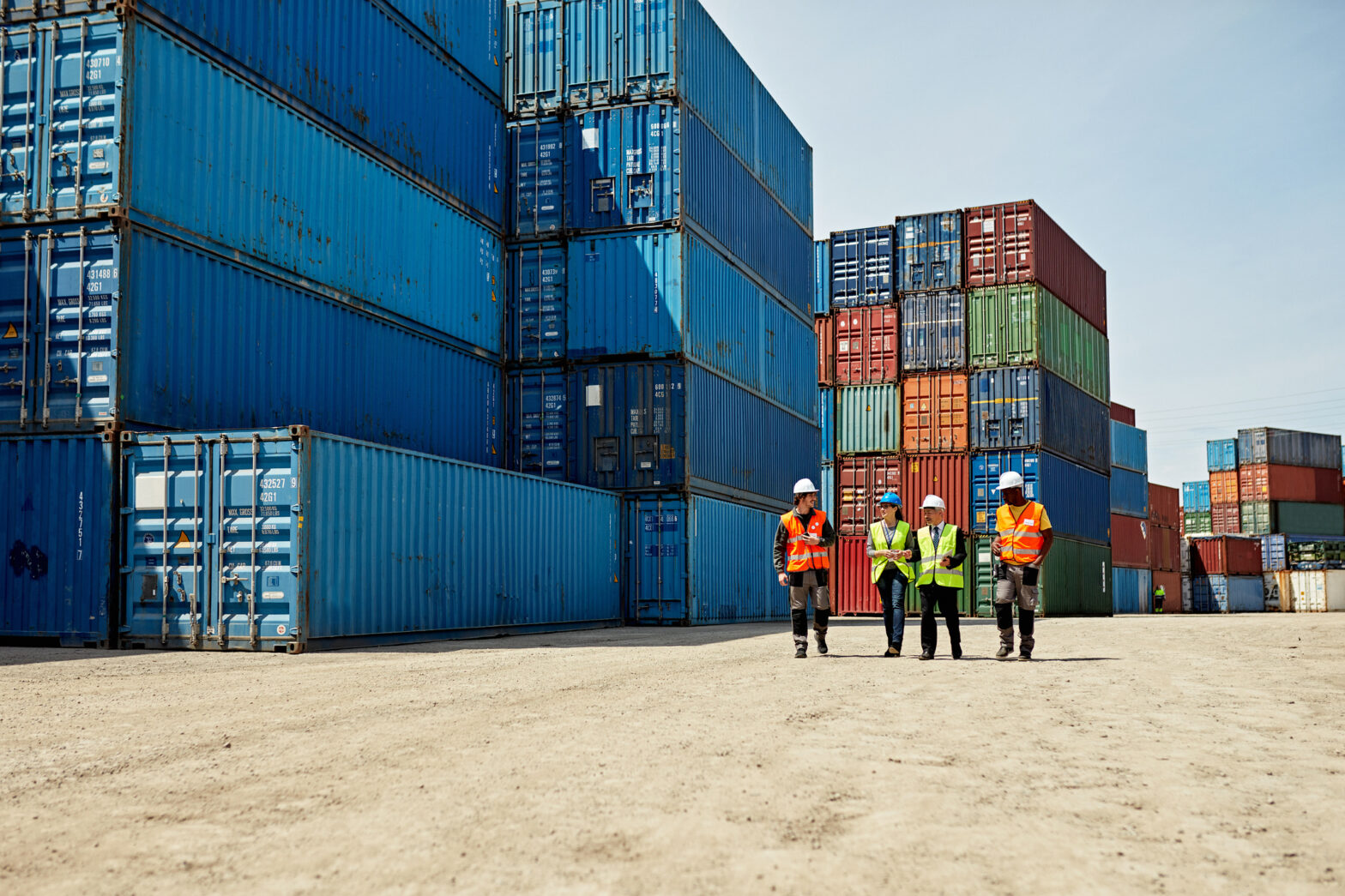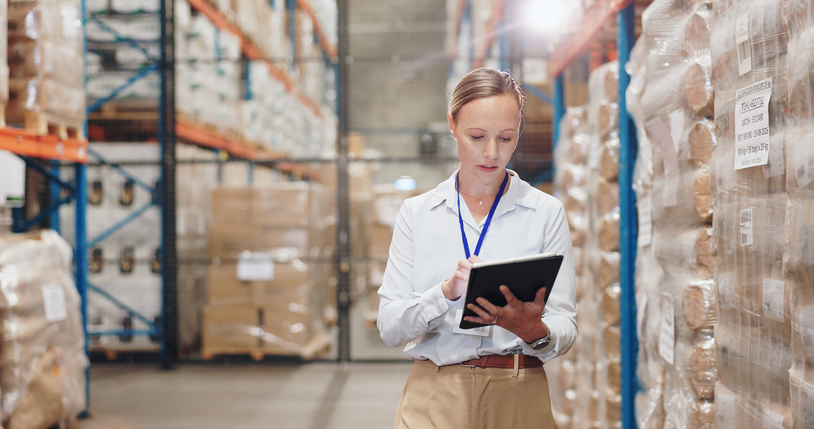The Prime Minister recently announced a provisional trade deal (agreement in principle) between the UK and Australia.
It’s significant because it’s the first deal negotiated from scratch since leaving the EU.
There’s been a mixed reception to the news, with some excited about cheaper imports. However, others are questioning how effective it’ll be for the economy and what the damage will be for businesses in the agricultural sector.
We’ve outlined what the government have said about the agreement so far and how industry experts have responded.
Less red tape for SMEs
Under the plan, red tape and bureaucracy will be scrapped for more than 13,000 small businesses across the UK who already export goods to Australia. The agreement will deliver quicker export times and ensure small business have access to new intelligence that will better allow them to take on opportunities created by the deal.
National chair of the Federation of Small Businesses, Mike Cherry, said:
“A trade deal with Australia will come as great news for many of our members who have long been exporting there as well as those who are hoping to expand their trade ambitions.
“As we look beyond the pandemic and enjoy the benefits of post-Brexit growth, deals like this will reap vast rewards to small firms right across the UK. Around 40 per cent of UK small firms who trade internationally do so already with Australia, and a trade deal that could be worth up to £900m will only increase those numbers.
“The inclusion of a small business chapter in this agreement will also ensure that the needs of smaller businesses are fully catered for in the years to come.”
Cutting tariffs on goods
Both the UK and Australia say they will commit to providing the most liberal treatment possible of the movement of goods between countries.
The proposed deal removes tariffs on £4.3bn of exports. This makes it cheaper to sell products like cars, whisky and ceramics into Australia.
Tariffs of up to five per cent will be removed on whisky while tariffs on machinery and manufacturing goods will be removed under the deal and customs procedures will be simplified. Car manufacturers in the midlands and north of England will see tariffs of up to five per cent cut, boosting demand for their exports.
With all this said, experts think there’ll be more in it for Australia than the UK. The UK Trade Policy Observatory (UKTPO) forecasts UK sales growth of just 0.35 per cent from the agreement while Australia’s businesses will see a rise of 2.2 per cent. The UKTPO study concludes that the increase won’t be great because Australia is far away, its economy is small and the tariffs were low to begin with.
The BBC reported that the trade deal will add 0.02 per cent to UK GDP over 15 years. In 2019, the UK exported about £12bn worth of goods to Australia, though that will hopefully increase following a finalised trade deal. That’s a tiny sum compared the £294bn exported to the EU in the same year.
Benefits for service sectors
The UK exported £5.4bn worth of services to Australia in 2020, which accounted for 56 per cent of the UK’s total exports to the country. The combined effect of the deal’s provisions gives UK and Australian service professionals access to each other’s markets. On top of that, reduced barriers to investment will give a substantial lift to the UK’s service sectors.
More freedom of movement for work between UK and Australia
The deal is set to extend the current three-year working-holiday visa for under 30s to under 35s when borders reopen. However, some level of Covid travel restrictions could be in place for another year.
A new innovation and skills exchange system has been outlined as well, promising early career mobility both ways, across culture, industry and the arts. It’s hoped that these conditions will be in place within the next five years.
Concerns over farming
Farmers continue to be concerned about the implications of the trade deal. One key worry is that the UK will be inundated with cheaper Australian meat that’s produced to a lower standard. In Australia, they’re allowed to use pesticides and hormone growth promoters that are banned in the UK.
Australia will be able to export a certain amount of produce tariff-free. Australia’s trade ministry said that beef tariffs will halt after ten years with a duty-free quota of 35,000 tonnes starting straight away. This will increase to 110,000 tonnes in year ten. Sheep and lamb tariffs will also end after ten years, with exporters getting access to a tariff-free quota of 25,000 tonnes immediately. This will rise to 75,000 tonnes after ten years. Sugar tariffs will be scrapped after eight years and dairy tariffs will end after five years.
National Farmers Union (NFU) president, Minette Batters, said: “We have repeatedly raised our concerns about this level of tariff liberalisation on sensitive sectors, such as beef, lamb and sugar, and the subsequent impact this could have on domestic producers if they are undercut by imports.
“These are enormous volumes and it’s not clear at all that the safeguards that have been announced will have any effect. For example, the fifth year of the tariff safeguard on lamb would only kick in if Australian producers have already shipped over 150 per cent of the UK’s current import requirement. It’s hard to know if it is British lamb producers or the carrying capacity of our docks that are really being safeguarded here.”
In response to concerns from farmers, the government stress that the deal would include protections for the agriculture industry.
Opportunities in digital and tech
The deal will create opportunities for the UK’s digital and tech sectors, preparing us to lead in industries like AI, space exploration and low emissions technology. The deal will facilitate the free flow of data, meaning UK businesses won’t have to set up servers in Australia. They can also maintain personal data protection standards for British consumers.
CEO of techUK, Julian David, commented: “The free flow of data provisions and the ban on data localisation will allow our SMEs in particular to explore the market without the cost of having to set up servers.”
Further deals and the CPTPP
This trade deal may lead to similar agreemnets in other large economies such as the USA.
The UK could also gain access to the Comprehensive and Progressive Agreement for Trans-Pacific Partnership (CPTPP). At the time of writing, negotiations started between the UK and Japan’s Yasutoshi Nishimura, this year’s chair of the CPTPP.
It’s one of the largest trading areas in the world, covering £9trn in GDP and 11 pacific nations, accounting for 13 per cent of global GDP in 2019. This would rise to 16 per cent after the UK’s accession. The current members are:
- Australia
- Brunei
- Canada
- Chile
- Japan
- Malaysia
- Mexico
- New Zealand
- Peru
- Singapore
- Vietnam
The government say that being part of the CPTPP would open new markets for service industries, lower tariffs and open new opportunities for farmers. With CPTPP countries set to account for 25 per cent of global import demand for meat by the end of the decade, joining would support farmers selling high-quality produce like beef and lamb into fast-growing markets.
CPTTP is particularly advanced in both digital and services trade. An agreement would make it simpler for the UK to sell services digitally and cheaper and easier for tech firms to expand abroad.
Joining CPTPP would also open new financial and professional services markets for British firms, making it easier for highly skilled British worker to live and work in member countries.
The Philippines, Thailand, Taiwan and the Republic of Korea have all expressed interest in joining the CPTTP, presenting opportunities for further growth. Negotiations will be taking place over the coming months.
What happens next?
A legal text will be written up that MPs will have a chance to scrutinise, though they won’t be able to do so until later in the year. Food hygiene and animal welfare are critical issues to be explored here.
It’s important to note that the final trade deal, and the finer details, are still to be established. We’ll be updating this article as more information comes through.




